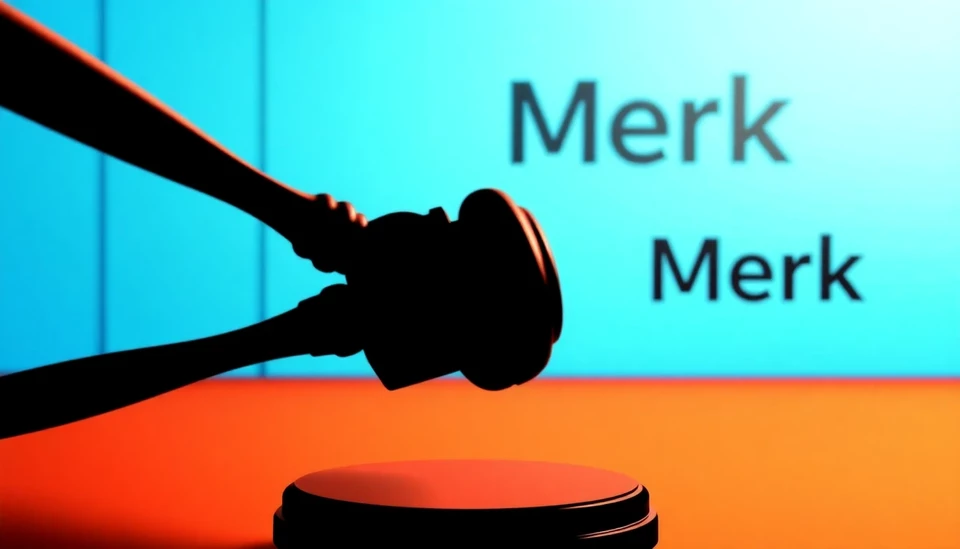
The European Union (EU) is taking notable steps to streamline its extensive environmental, social, and governance (ESG) regulations in response to a growing wave of criticism and backlash from various stakeholders. As businesses grapple with the complexities of compliance, the EU's initiative aims to make these regulations more digestible while still maintaining their core objective of promoting sustainable practices.
Recent discussions among EU officials highlight a consensus on the need for reform, particularly in light of the increasing burden that intricate compliance processes are placing on companies. Critics argue that the current framework is overly complicated and, in some cases, hinder economic growth and investment without delivering proportionate benefits in terms of environmental and social outcomes.
The push for a streamlined approach comes as many businesses, especially small and medium enterprises (SMEs), struggle to navigate the multifaceted requirements set forth by the EU. These SMEs often lack the resources necessary to fulfill extensive reporting obligations, leading to calls for a more pragmatic regulatory environment that balances accountability with operational viability.
EU officials are currently reassessing various elements of existing ESG legislation and seeking input from industry participants to identify pain points that can be alleviated through simplification. This participatory approach indicates an intent to foster a more collaborative atmosphere between regulators and businesses, acknowledging that a revised framework will be essential to meet the EU's ambitious sustainability goals effectively.
Supporters of the reform suggest that a clearer and more cohesive regulatory landscape could incentivize broader corporate engagement in ESG initiatives. By making it easier for companies to implement and report on sustainable practices, the EU hopes to enhance overall compliance and encourage a stronger commitment to environmental stewardship and social responsibility.
However, the proposed changes have not escaped backlash from environmental advocates, who warn against diluting the rigor of ESG standards. They argue that a simplification initiative could potentially undermine the progress made in promoting accountability among corporations, possibly allowing companies to sidestep meaningful action in addressing climate change and social inequities.
Regulators are aware of this tension and are striving to strike the right balance. They assert that the primary focus remains on fostering genuine progress in sustainability, rather than merely checking boxes for compliance. As part of this effort, the EU plans to reassess requirements and seek ways to unify disparate regulations that often overlap, potentially eliminating redundancy and confusion.
The EU's adjusted approach not only marks a significant adjustment to its regulatory strategy but also reflects an evolving landscape of corporate governance and accountability. As sustainability becomes a central pillar in business practices, the effectiveness of ESG regulations will depend on their adaptability to changing economic and social dynamics.
In conclusion, the EU's proactive steps towards streamlining ESG regulations reveal a keen awareness of the challenges that businesses face in implementation and compliance. As the dialogue continues, stakeholders will be watching closely to see how these proposed changes unfold, hoping for a framework that incentivizes sustainable practices without sacrificing the integrity of ESG commitments.
#EU #ESGRegulations #Sustainability #BusinessCompliance #EnvironmentalPolicy #Governance #SocialResponsibility
Author: Megan Clarke




